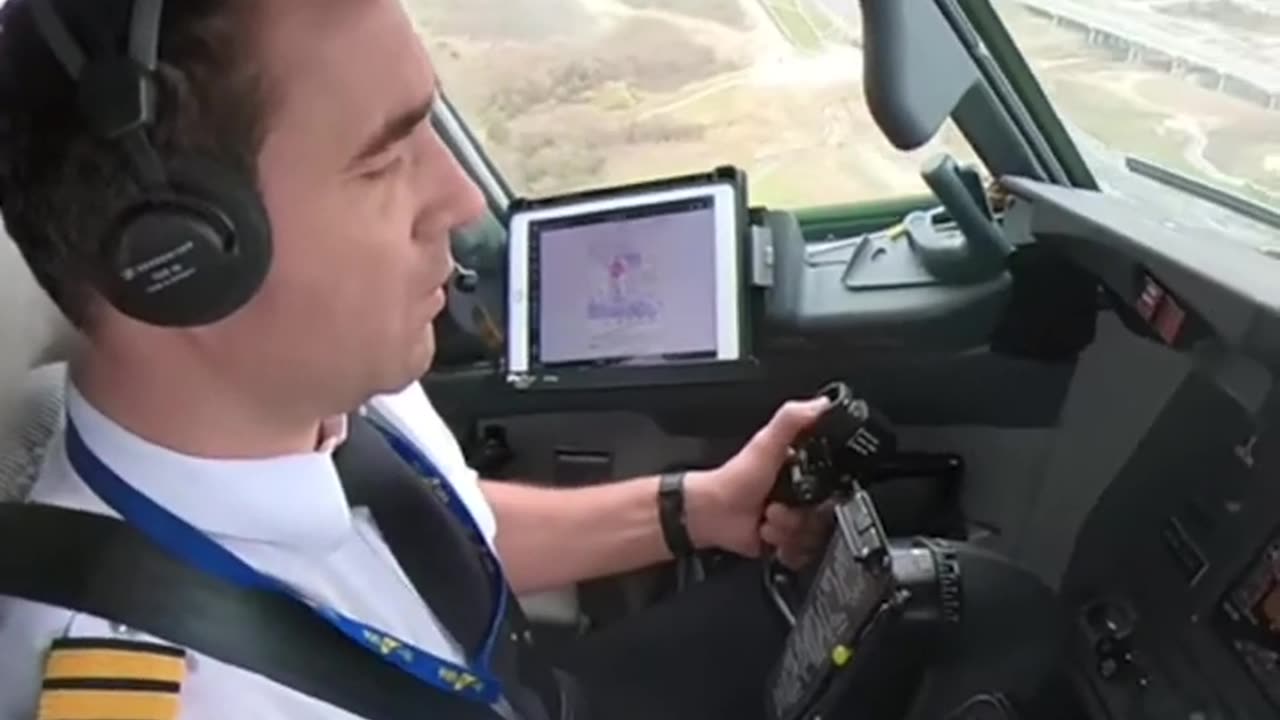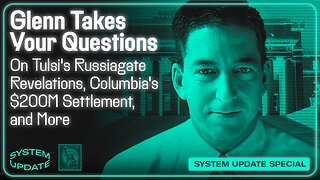Premium Only Content

Why pilot can't drink tea or coffee during flight? | Interesting facts about plane | Honest Op Facts
Why pilot can't drink tea or coffee during flight? | Interesting facts about plane | Honest Op Facts
viral ,plane ,pilot ,airplane ,tea ,coffee ,airbus ,flight ,button ,facts ,interesting facts ,information
Pilots are generally advised to avoid consuming tea or coffee during flights, especially those that involve critical phases of flight such as takeoff and landing. This recommendation is primarily based on the potential effects of caffeine and other beverages on their alertness and physiological state. Here are a few reasons why pilots might avoid tea or coffee during flights:
Caffeine Effects: Tea and coffee contain caffeine, which is a stimulant that can affect the central nervous system. While caffeine can help increase alertness and combat fatigue in the short term, it can also lead to increased heart rate, nervousness, and potential crashes in energy levels once its effects wear off. Pilots need to maintain a stable and focused state of mind throughout the flight, and the ups and downs of caffeine consumption might not be conducive to this requirement.
Dehydration: Tea and coffee are diuretics, meaning they can lead to increased urination and potentially contribute to dehydration. Dehydration can impair cognitive function, focus, and overall performance. Since flying at altitude already exposes individuals to lower humidity levels and the risk of dehydration, pilots aim to stay adequately hydrated to maintain their cognitive and physical abilities.
Bathroom Accessibility: During critical phases of flight, such as takeoff, landing, and turbulent conditions, pilots need to be in the cockpit and focused on their duties. Access to the bathroom might be limited or not feasible during these times. Consuming beverages that increase the need for bathroom breaks can be impractical and disruptive to their responsibilities.
Predictable Routine: Pilots often follow strict routines to ensure their readiness for flying. Consuming caffeine or other substances that can affect their physiological state may interfere with their ability to maintain a consistent routine, potentially impacting their performance.
Regulatory Guidelines: Aviation regulatory authorities, such as the Federal Aviation Administration (FAA) in the United States, provide guidelines and recommendations for pilot behavior, including dietary habits, to ensure flight safety. While they may not explicitly prohibit the consumption of tea or coffee, pilots are advised to be cautious about their dietary choices to prevent any negative impacts on their performance.
It's important to note that these recommendations are made with a focus on flight safety and maintaining the highest level of pilot performance. However, individual responses to caffeine and other beverages can vary, and some pilots might be able to handle these substances without adverse effects. Ultimately, pilots are encouraged to make choices that prioritize their alertness, health, and ability to perform their duties effectively during a flight.
-
 LIVE
LIVE
TimcastIRL
1 hour agoSouth Park Runs FULL FRONTAL Of Trump In Gross Parody After $1.5B Paramount Deal | Timcast IRL
26,722 watching -
 1:24:56
1:24:56
Glenn Greenwald
3 hours agoGlenn Takes Your Questions on Tulsi's Russiagate Revelations, Columbia's $200M Settlement, and More | SYSTEM UPDATE #492
69K21 -
 LIVE
LIVE
Akademiks
1 hour agoICE MAN EPISODE 2 tonight. NEW NBA YOUNGBOY 'MASA' TONIGHT. BIG AKADEMIKS #2 MEDIA PERSONALITY 2025.
2,215 watching -
 1:43:38
1:43:38
LumpyPotatoX2
3 hours agoRumble Creator Round-Table - Let's Talk About It
7.43K2 -
 32:38
32:38
The Mel K Show
5 hours agoMel K & Dr. James Thorp, MD | Sacrifice: The Targeting of the Most Vulnerable | 7-24-25
8.87K2 -
 LIVE
LIVE
Omar Elattar
7 hours agoThe Dating Expert: "I've Helped 4,000 Men Find LOVE!" - The #1 Alpha Trait Women Secretly Crave!
57 watching -
 1:12:41
1:12:41
Donald Trump Jr.
4 hours agoFrom Crypto to AI, There's a New American Energy Revival, Interviews with Asher Genoot & Sen McCormick | TRIGGERED Ep.261
136K49 -
 52:11
52:11
ZeeeMedia
7 hours ago"Meaningful Deep State Prosecution" ft. Robert Barnes | Daily Pulse Ep. 73
18K6 -
 8:10
8:10
MattMorseTV
5 hours ago $1.15 earnedThey just CAVED.
9.03K21 -
 14:55
14:55
Tundra Tactical
4 hours agoTundra's EXPLOSIVE SIG Meme Review
3.2K1